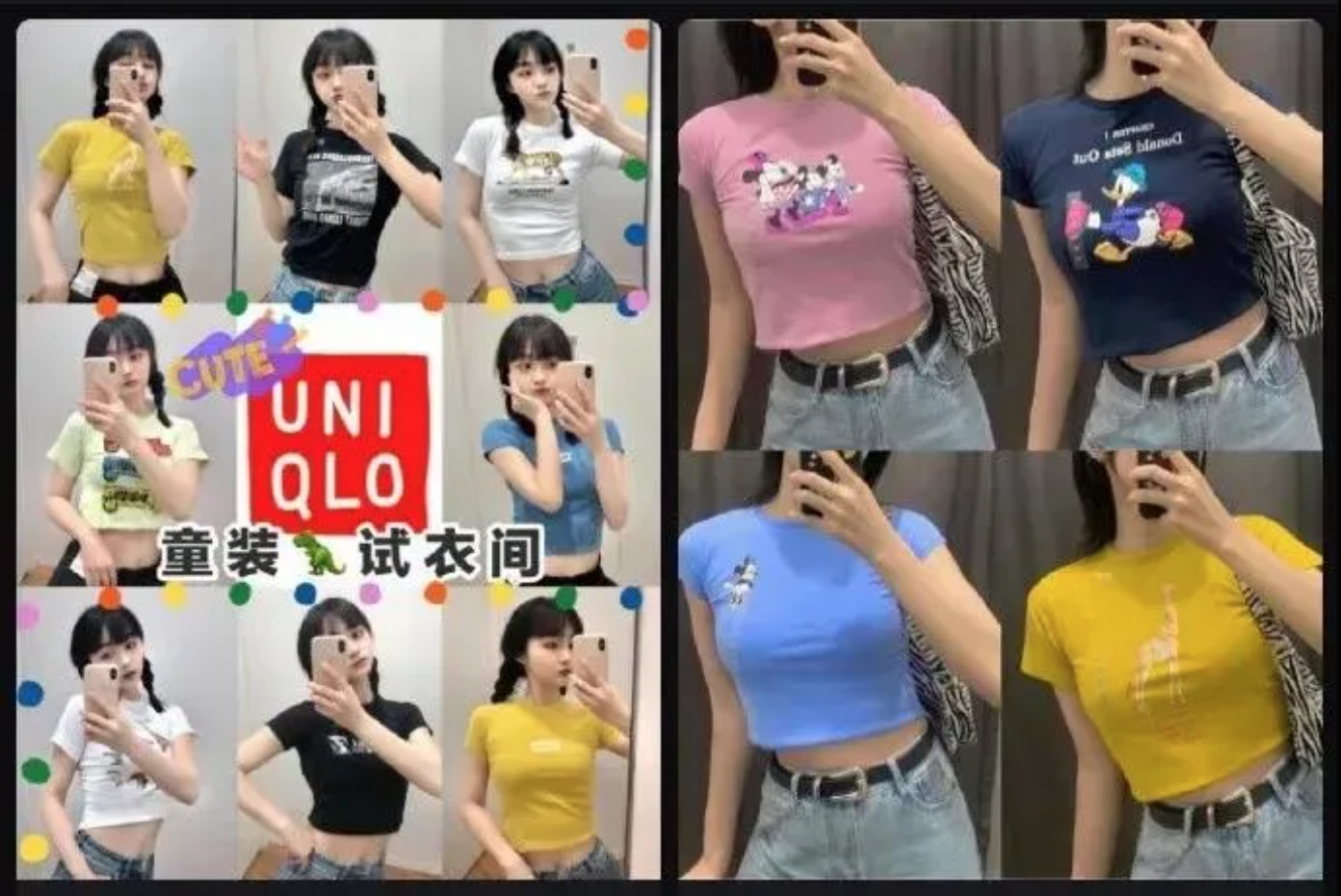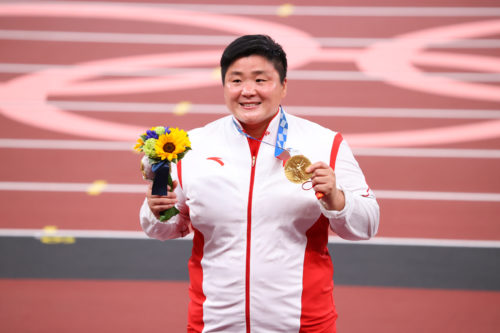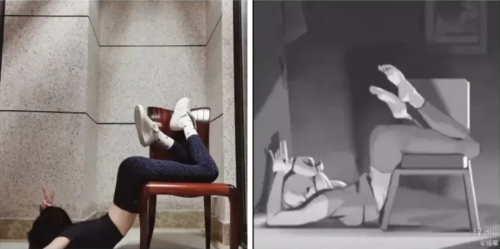Chinese women are wearing children’s clothes to show how skinny they are
China’s internet is obsessing over another ridiculous “challenge” that adds the social pressure for absurdly small body sizes.

The latest toxic beauty trend in China is adult women squeezing themselves into childrenswear, wrapping their grown bodies in tiny tops that accentuate their slender figures.
The fad, originating among some fashion influencers on Little Red Book — China’s combination of Instagram and Pinterest, has taken over Chinese social media, with young women and teenagers posting selfies when trying on children’s clothes, mostly in the fitting rooms of Japanese casual-wear brand Uniqlo.
Speaking to Red Star News (in Chinese), workers at several Uniqlo locations in Shanghai and Nanjing said that they had grown used to female shoppers bringing a bunch of T-shirts — which were clearly made for kids and too small for them — to changing rooms, snapping photos, and leaving the store without purchasing anything.
The garments featured in the selfies were often left damaged with make-up stains and stretched to their limits. Some of the shop assistants said that they would discourage customers from trying on clothes that obviously did not fit, but ultimately they had to please the customers.
As the craze grew, so did criticism. Body-positive activists and feminists said that people who participated in the trend were knowingly— or recklessly — pressuring girls into extreme weight loss, and setting unrealistic beauty expectations tailored for the male gaze. “This is so stupid and potentially hurtful to people who have body issues,” a Weibo user wrote (in Chinese).
China news, weekly.
Sign up for The China Project’s weekly newsletter, our free roundup of the most important China stories.
Many also pointed out that the aesthetic preference embodied in the trend was closely tied to an Italian fashion brand named Brandy Melville, which preaches a one-size-fits-all policy, but only sells clothing in extra small size. Despite its tightly conscribed size range, the retailer has, since opening a store in Shanghai in 2019, developed a cult following among Chinese millennial and Gen-Z women, who adore its low prices and whimsical, retro California designs.
As Sixth Tone reported, those who can fit in the company’s clothes proudly call themselves “Brandy Melville girls,” and those who can’t feel body-shamed.
The Chinese internet is no stranger to “skinny enough” challenges. Previously, there was the collarbone coin challenge, which saw participants balancing stacks of coins in the depressions of their collarbones, and the before that #A4waist challenge, in which women compared the size of their waists to the width of an A4 sheet of paper.
But despite all of these fads, there have been huge shifts in the cultural conversation about body positivity in China. In 2020, as the body acceptance movement trickled into the mainstream, a string of brands and celebrities, including Taiwanese supermarket chain RT-Mart and Chinese musician Láng Lǎng 郎朗, were called out for explicit fat-shaming or glamorizing unhealthy beauty standards.




